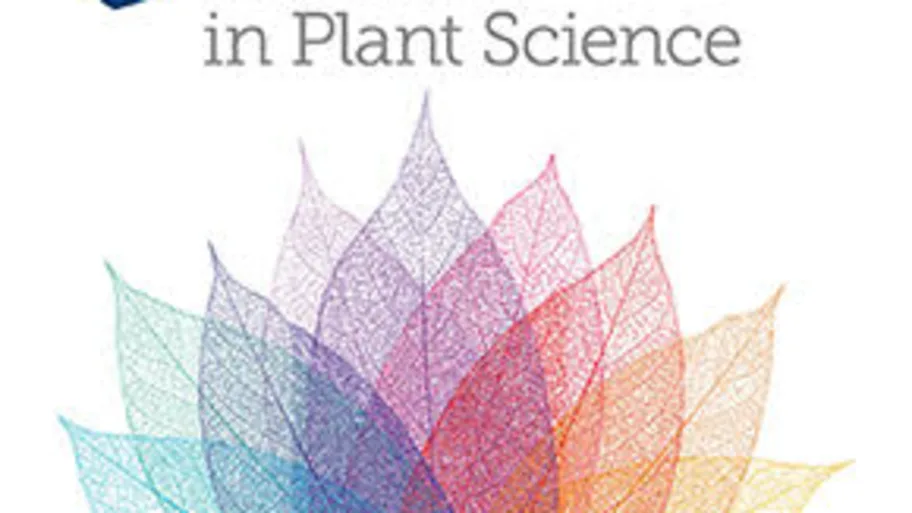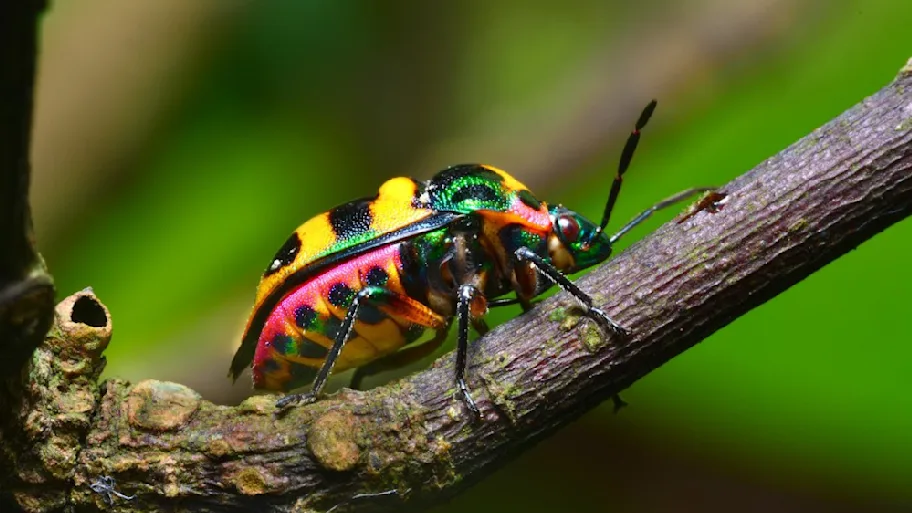
- Science news
- Top news
- New Plant Science section sheds light on symbiotic relationships
New Plant Science section sheds light on symbiotic relationships
© Shutterstock 2020
With the current climate crisis and its devastating effects on the planet’s biodiversity, research elucidating the interactions between plants and their surroundings is critical to both the conservation of endangered habitats and the maintenance of crop cultures.
Plant Symbiotic Interactions, led by Associate Professor Andrea Genre of the University of Turin, is the new open-science platform dedicated to multidisciplinary research on plant interactions with beneficial mutualistic and endophytic organisms.
Discover Plant Symbiotic Interactions
Prof. Genre explains that “Plant symbioses literally supports plant life. The ability of most species to thrive under challenging conditions largely depends on their underground association with fungi and bacteria.”
Plant symbioses to feed the world
Prof. Genre shares that “[His] background is in arbuscular mycorrhizas, the beneficial plant-fungus symbiosis that is believed to have supported land colonization by the earliest plant species. Ever since [his] university studies, this fascinating interaction was promised to "feed the world.”
The widespread use of plant growth-promoting microbes, biofertilizers and symbionts will play an essential role in developing sustainable agricultural practices that can withstand climate change, remedy the exhaustion of mineral sources used for chemical fertilizers, and support food safety worldwide.”
Prof. Genre adds that “Institutions and companies worldwide are actively investing in this research, the scientific community has a chance to support this change with rigorous studies and ground-breaking advancements.”
The inaugural article collection on ‘Beneficial Microbes and the Interconnection Between Crop Mineral Nutrition and Induced Systemic Resistance’, led by Guest Associate Editors Carlos Lucena, Ricardo Aroca and Jianfen Wang and Associate Editor Sabine Zimmerman is now open for submissions.
Plant Symbiotic Interactions is the new specialty section to complete the portfolio of Frontiers in Plant Science, the most-cited journal in its field with a 4.106 Impact Factor and 4.47 CiteScore.
Frontiers journals also consistently rank among the world’s most-cited in their fields and in the top Impact Factor and CiteScore percentiles. Discover more






